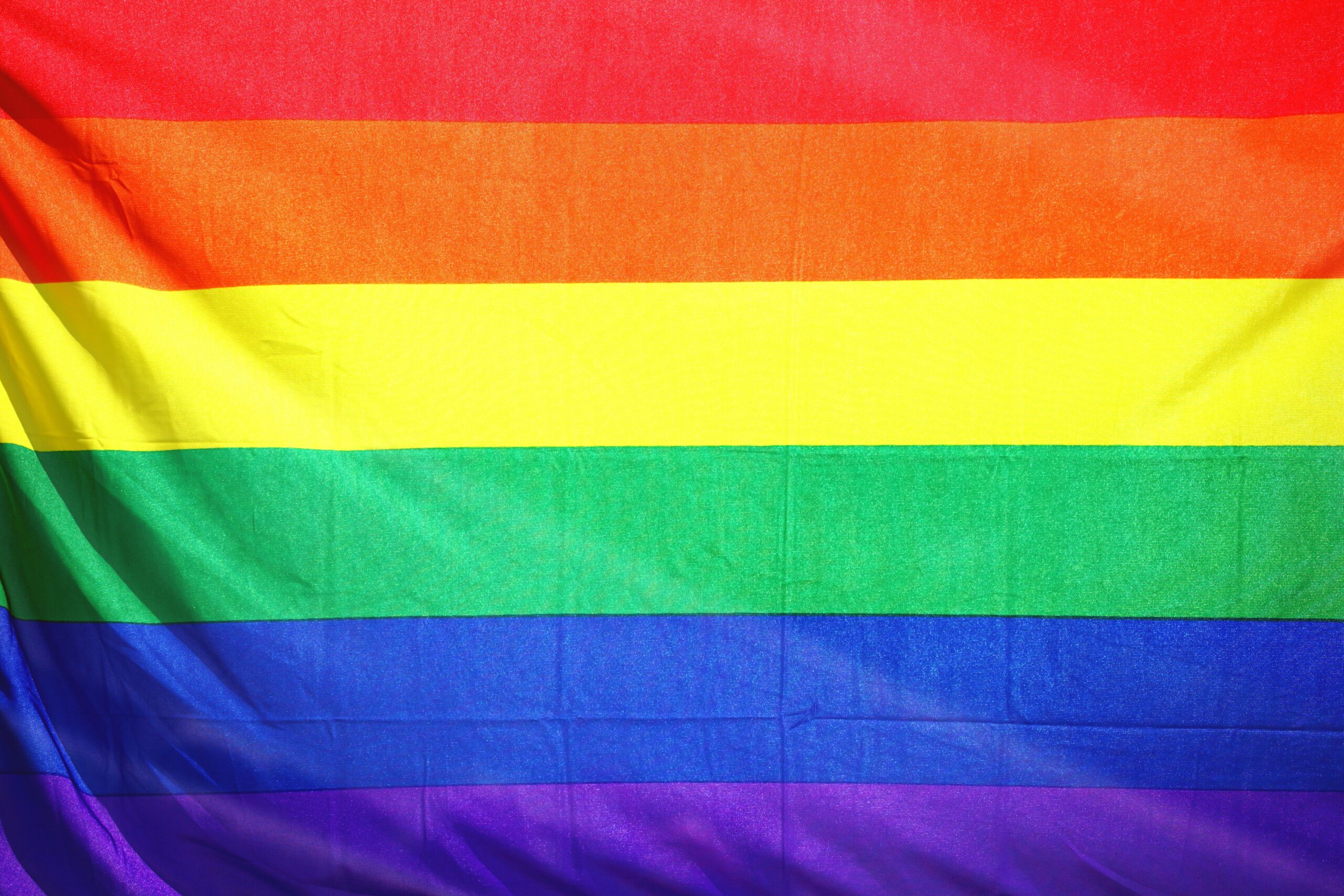
So far this year there have been over 300 anti-LGBTQ laws introduced in the US, already breaking last year’s record, with about half of them specifically targeting transgender people. While some of these laws focus on medical care, such as laws prohibiting or even criminalizing pediatric gender affirming care, many of them target other areas of life, like education and sports. These nonmedical laws have not received as much attention in bioethics, so I want to take some time now, in acknowledgement of Pride Month, to talk about how discriminatory and cis-heteronormative laws result in queer people experiencing numerous health disparities.
Let’s start with the family. Twelve states allow state-licensed welfare agencies to refuse to provide services for queer families. By allowing foster care and adoption agencies the ability to discriminate against queer individuals, these states are making a normative statement about what types of families are acceptable. Some state family laws further reinforce traditional definitions of family by not having queer inclusive definitions for family members. These laws inhibit the reproductive autonomy of LGBTQ individuals and affect the healthcare of their loved ones by not acknowledging them as family, which can affect insurance coverage and FMLA.
Turning to the workplace, although the Supreme Court ruled in 2020 that the 1964 Civil Rights Act protects queer employees from discrimination based on sex, some states have carved out religious exemptions and this ruling does not translate into queer friendly workplace environments. LGBTQ people often face an unwelcoming work environment ranging from outright hostility to micro-aggressions, such as inappropriate sexual comments, homophobic jokes, and being told to dress in a more feminine or masculine manner. This can lead queer people to avoid certain coworkers, not attend work social events, stay home from work, and lie about their personal life (close to half of queer people remain closeted at work). In addition to adversely affecting their career and livelihood, a homophobic and transphobic workplace environment can negatively impact the psychosocial health of LGBTQ people.
Given the discrimination they face in employment, housing, family leave and so on, is not surprising that queer individuals are more likely to experience poverty than non-queer individuals. Poverty is especially common among LGBTQ individuals who are young, people of color, with disabilities, and rural. Furthermore, poverty disproportionately affects transgender people. Since income and insurance coverage are typically linked in this country, given the higher rates of poverty among the queer population, it’s not surprising to see that double as many queer individuals are uninsured as non-queer individuals. Again, these disparities are particularly pronounced within the transgender community. State laws affect insurance coverage, explaining why uninsurance rates are over twice as high for queer folks in the South US than in the North US.
So, what should bioethicists do about this? Well, one place to start is with basic awareness of these discriminatory laws that affect health, which is why I spent some time here enumerating them. Although I am not aware of any studies showing how knowledgeable bioethicists are regarding LGBTQ health disparities, there is ample evidence that clinicians are deficient in this area. Since we often work closely with clinicians, via research collaborations, clinical ethics consultations, and ethics education, it is imperative that we are familiar with matters related to LGBTQ health disparities.
On a broader level, the field of bioethics needs to be more inclusive of social justice topics so we can move beyond the first step of raising awareness and justifying why this work is not only relevant to, but also necessary for bioethics. While there has been movement in this direction, such increasingly visibility of Black Bioethics and Latinx Bioethics scholarship, much more should be done. Others have articulated the marginalization of and need for social justice issues within bioethics more fully and eloquently, including a blog post by Bioethics Today blog co-editor Dr. Keisha Ray. Here I have focused narrowly on looking beyond laws directly linked to healthcare to include other types of anti-LGBTQ legislation that also has a dramatic impact on the health of queer people.
Bioethicists need to expand their focus so that they can acknowledge how cis-heteronormative laws that may seem unrelated to healthcare can actually have profound effects on the health of queer individuals. The everyday stigma, discrimination, and denial of rights that LGBTQ people face that engenders health disparities raises important ethical considerations, making this a pressing topic for bioethicists. Bioethics needs to show its pride by tackling this issue head-on.
Happy Pride Month, everyone.
Lisa Campo-Engelstein, PhD, is the Chair and Director of Bioethics & Health Humanities at the University of Texas Medical Branch.